Partners & MBC
Partners MBC works with in the different countries
-
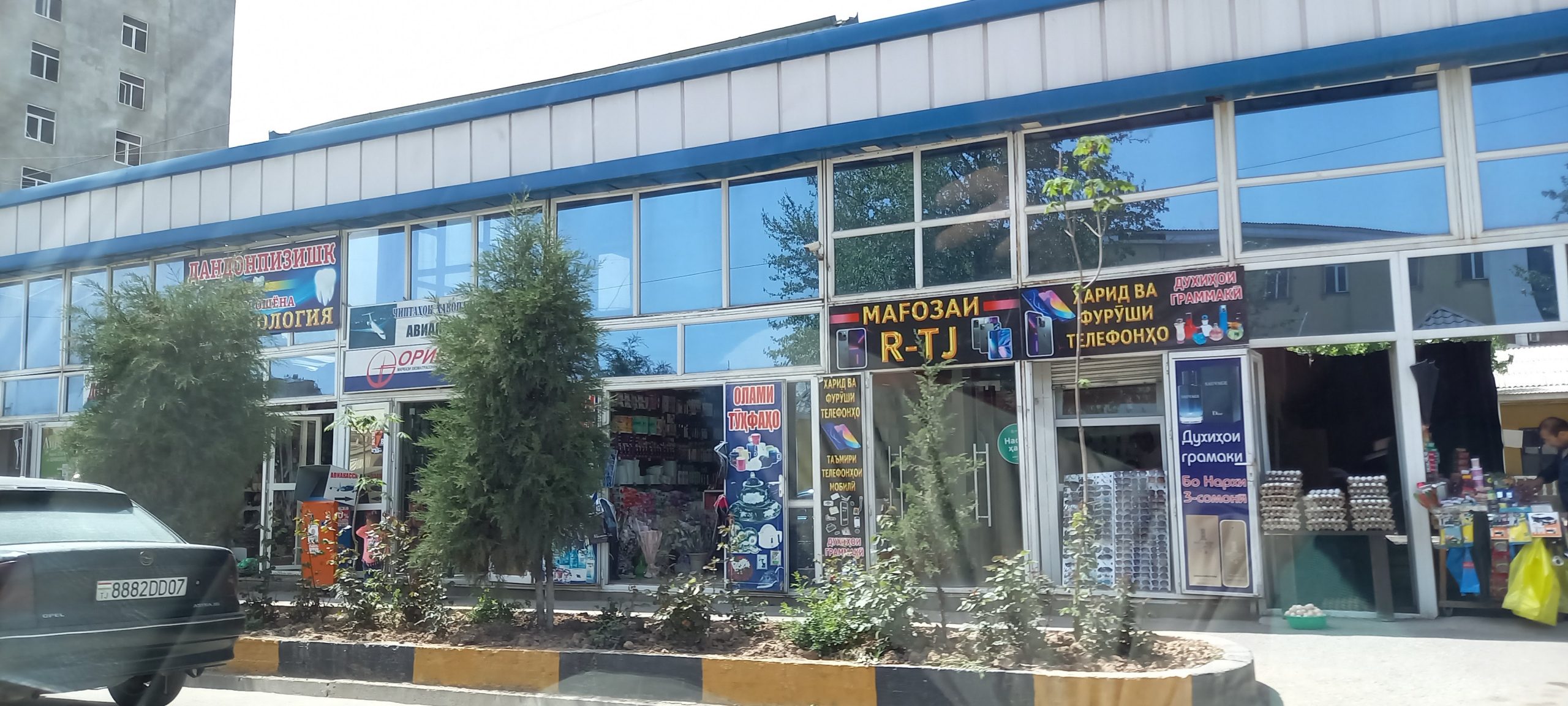
TBDG in Tajikistan
The Tajikistan Business Development Group (TBDG) is an association of leaders committed to developing real human flourishing in Tajikistan, through transforming businesses. The TBDG believes that Tajikistan can achieve true independence through the development of sustainable, profitable businesses committed to the social, environmental and spiritual needs of the people. Successful entrepreneurs TBDG is established to…
-
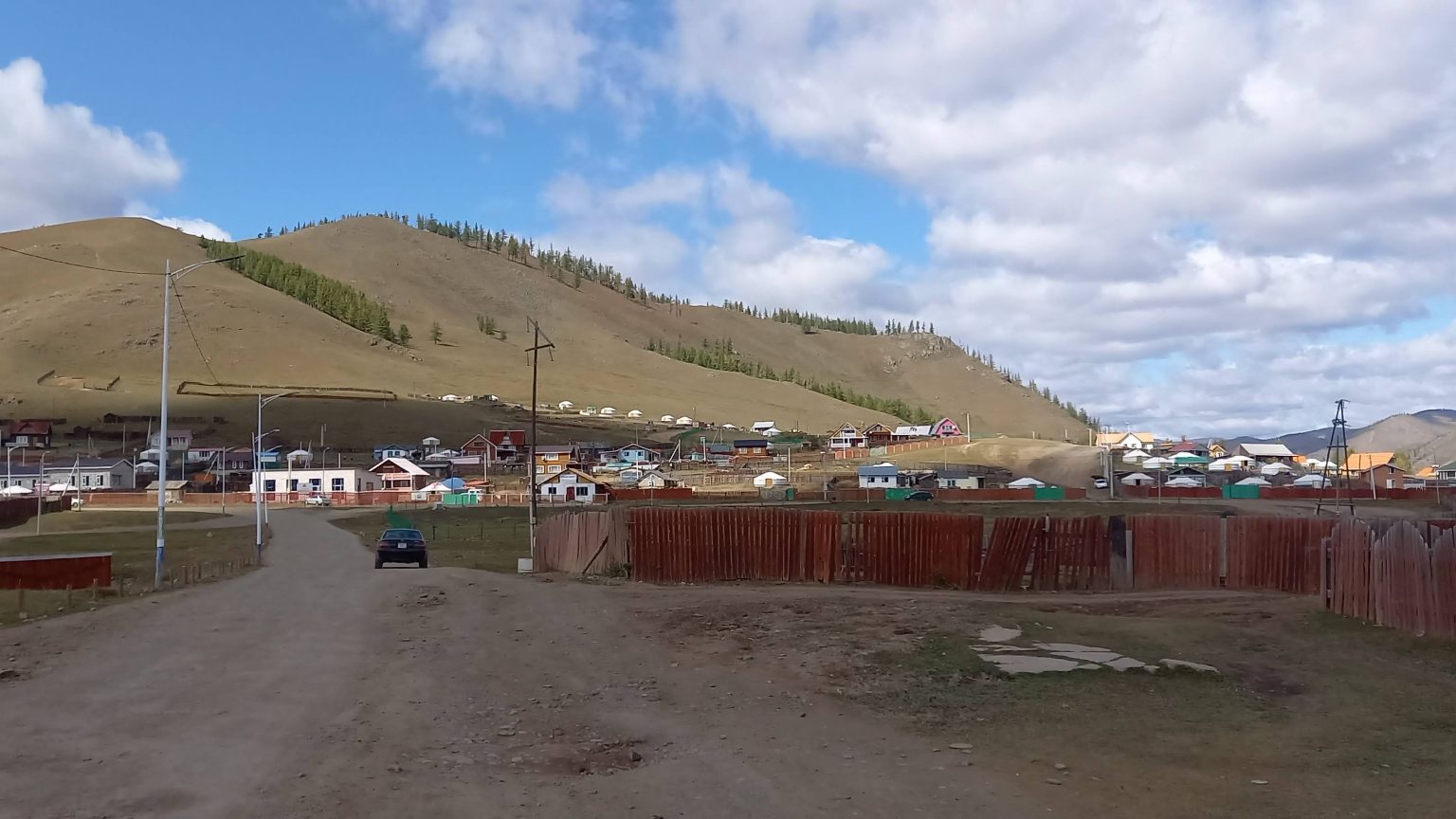
MINA in Mongolia
MINA is a microfinance organization that has been active in Mongolia since October 2000. Their vision is to reduce poverty in Mongolia. The reason for this was the perceived difficulties poor people have in accessing financial services, and a lack of knowledge of how to handle finances. It was very difficult for them to use…
-
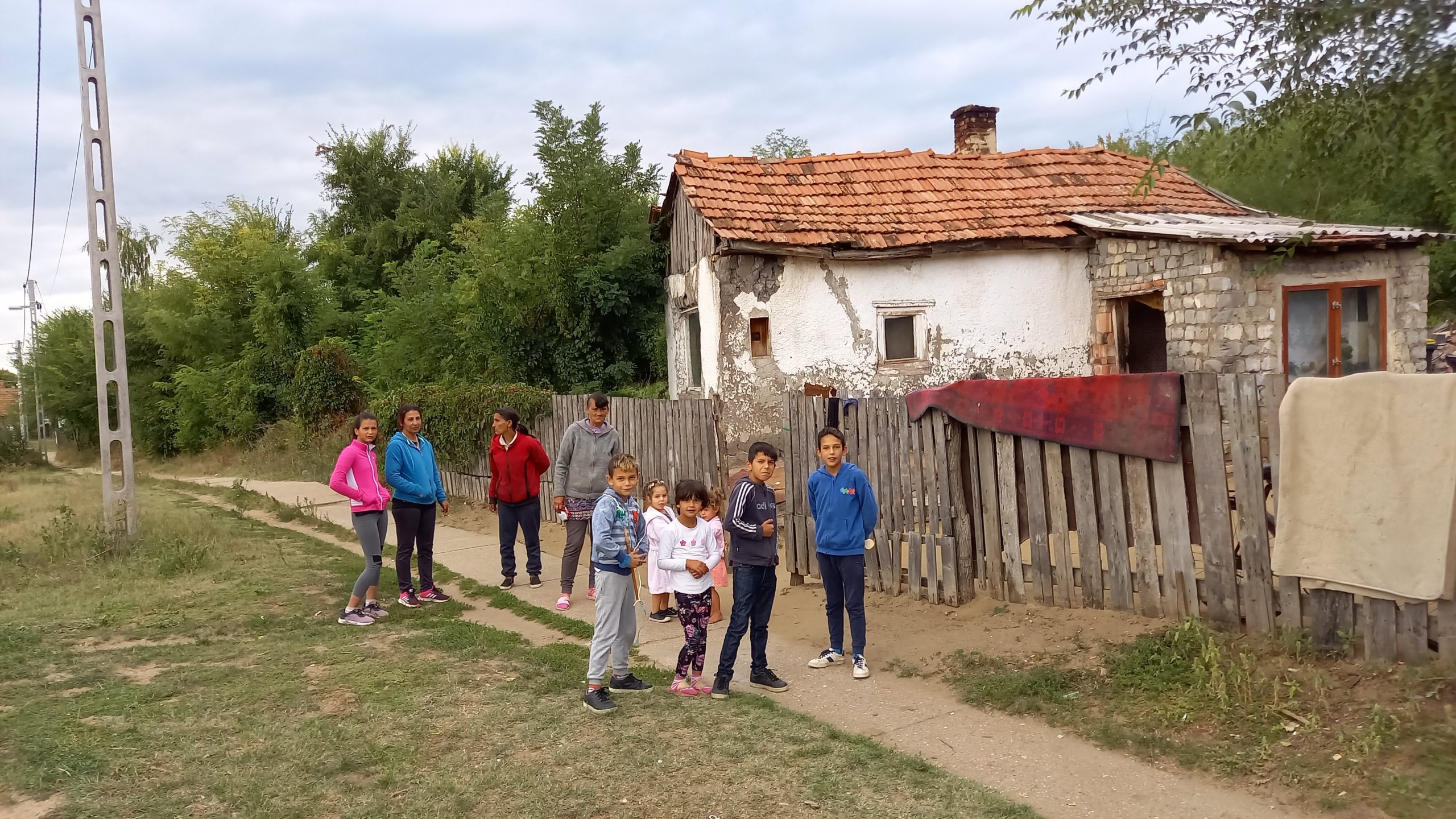
Dorcas in Hongary
Dorcas Ministries Hungary (DMH) is an interdenominational aid organization in Hungary, dedicated to serving the poor and oppressed. They work in 15 settlements and join forces with 40 churches and organizations to realize their projects for the benefit of Hungarians living in the country and beyond. The main target groups are poor families, children in…
-
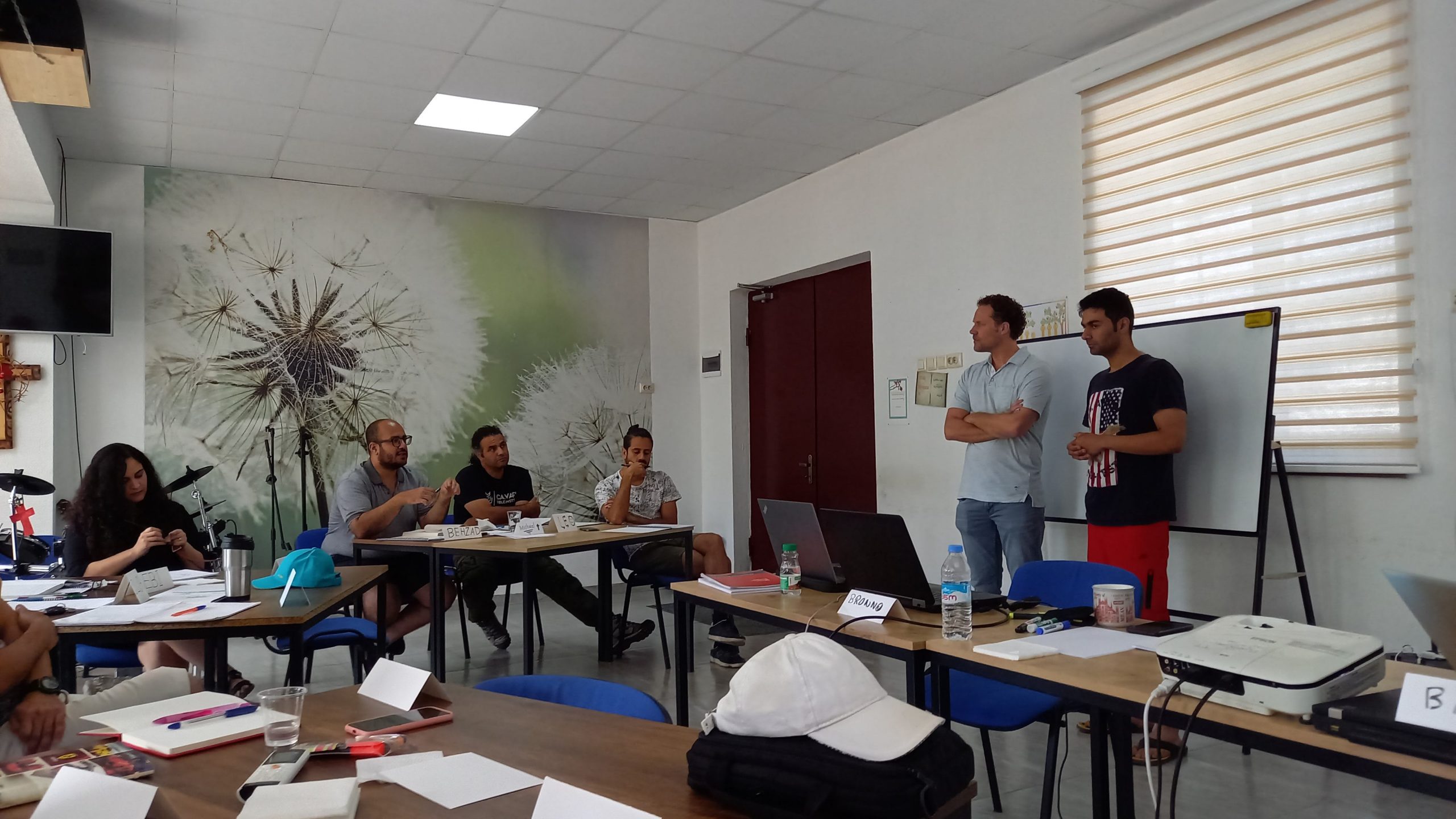
CIC in Georgia
Reception of Iranian refugees in Georgia CIC has developed a strategy to deal with the political and economic challenges in the Persian Gulf from their center in Georgia. The organization was founded and is led by an Iranian who has developed a unique Business as Mission approach. CIC is committed to nurturing self-sufficient, bi-vocational, national…
-
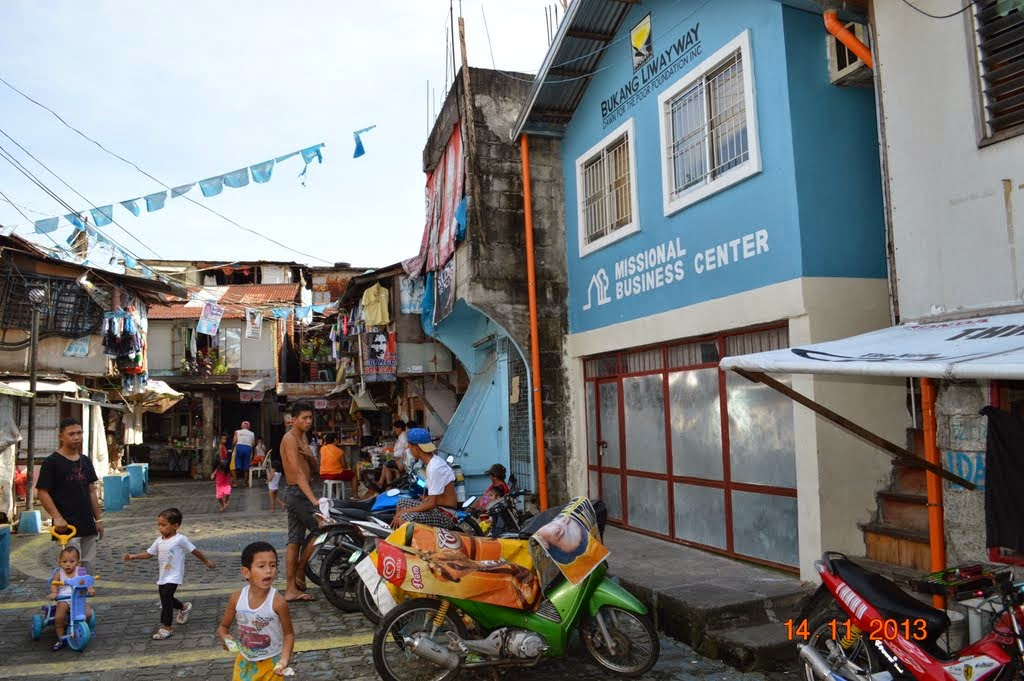
MBC4YOU in the Philippines
Manila is a city of more than 3 million people living in the slums. 80% of these families have no job or live below the poverty line. This hopeless situation has a major impact on the lives of individuals and families (gambling, addiction) and encourages corruption. The new approach About 15 years ago, the Bukang…
-
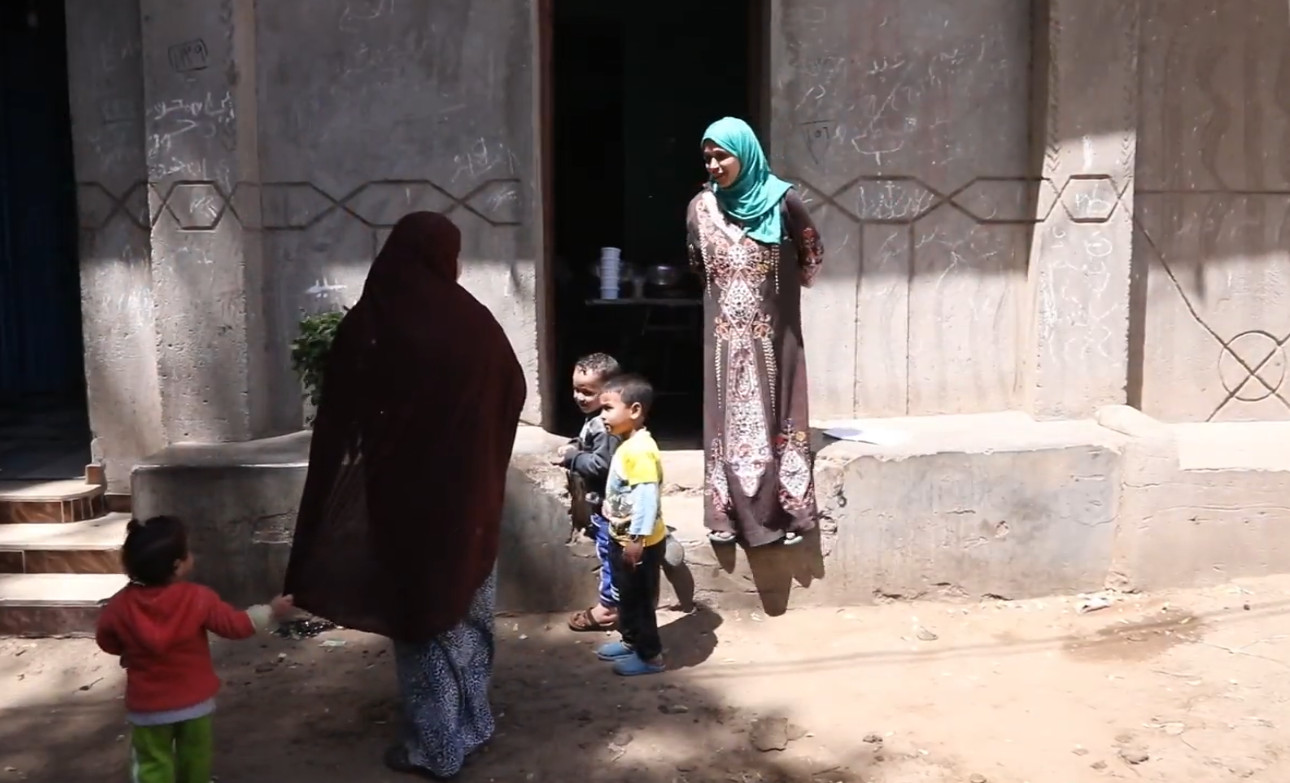
Life Vision in Egypt
Life Vision and the MBC Foundation have the common goal of looking for opportunities to stimulate the underprivileged groups in the country and to enable them to set up their own micro-enterprises in order to meet their daily needs. Where possible, this can grow into larger companies or Livelihood centers that can provide work for…